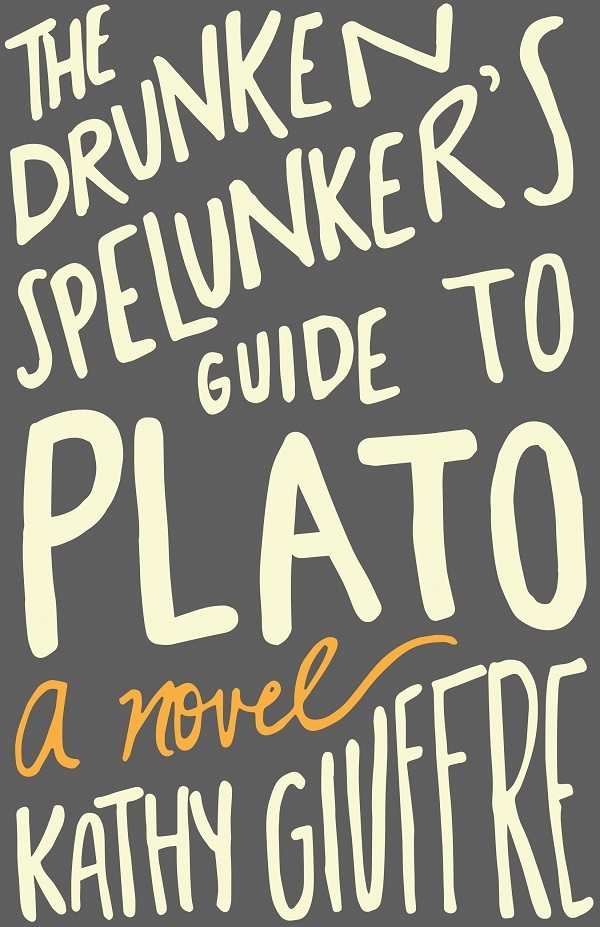The Drunken Spelunker's Guide to Plato
- 2015 INDIES Finalist
- Finalist, Literary (Adult Fiction)
Plato’s Cave is a dive bar in this allegory of an allegory, where love, loss, and motherhood force a bartender to come of age.
An ode to the process of finding oneself in the fray of love and loss that is early adulthood, The Drunken Spelunker’s Guide to Plato plays out the Allegory of the Cave through the medium of booze joints and barstool intellectuals.
Here, the Cave is a literal place, a sub-street-level dive where Josie slings pints for a bedraggled group of barflies and bartenders. These burned-out lifers represent the prisoners in the famous Socratic problem where chained people only know reality by the shadows cast on the wall in front of them. Josie’s ascension into epic love sends her out of the darkness of her workaday life and into a philosophical existence that subjects her hopes and dreams to the harsh light of reality.
Josie’s eventual, inevitable loss of the men in her life is bittersweet. On one hand, she wants a loving relationship. On the other, she suspects from the beginning that her most serious relationship won’t last. Her love represents an emergence from the cave of her provincial past, and her later turn to motherhood is her return to the cave. Ultimately, the book implies, an average existence is not a bad fate. Josie’s development of focus from men to her baby is the primary indication of her personal growth.
This heavily character-driven book places a great deal of weight on Josie’s personal insecurity, from her interactions with a pushy neighbor to her conversations with sympathetic and protective coworkers. But her transition of focus onto motherhood seems sudden, the baby given less development than either of the romantic relationships in her life. Rarely does the focus turn completely to Josie. The result is a heroine who is almost a blank slate, defined by the men to whom she abandons herself completely.
Engaging but ambiguous, this book falls into a literary category. Its subject matter will interest fans of blue-collar artists, sensitive and talented bar musicians, and the once-pervasive independent communist bookstore.
Reviewed by
Anna Call
Disclosure: This article is not an endorsement, but a review. The publisher of this book provided free copies of the book to have their book reviewed by a professional reviewer. No fee was paid by the publisher for this review. Foreword Reviews only recommends books that we love. Foreword Magazine, Inc. is disclosing this in accordance with the Federal Trade Commission’s 16 CFR, Part 255.

